
Simon Lea
Simon holds a PhD in Philosophy and is the co-founder of the Albert Camus Society. Over the past twenty years he has worked helping to develop public interest in philosophy, philosophical literature, and theatre. His areas of special interest include Camus, Nietzsche, existentialism, absurdism, and mythopoesis.
Articles by Simon Lea
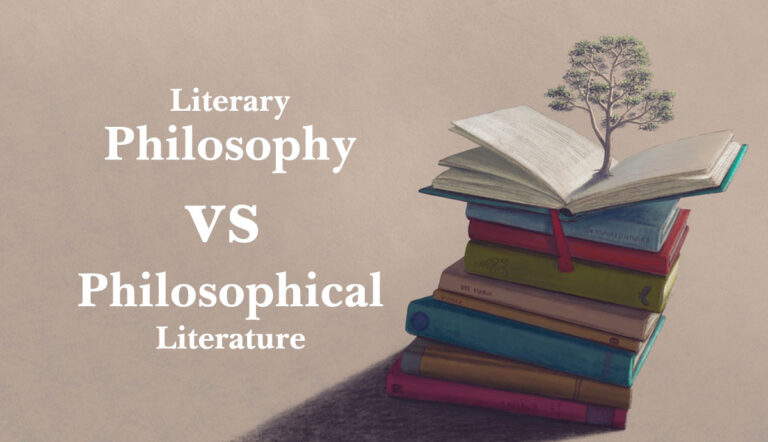 What Is the Difference Between Literary Philosophy & Philosophical Literature?
What Is the Difference Between Literary Philosophy & Philosophical Literature?Making a distinction between literary philosophy and philosophical literature helps us understand how best to read particular kinds of philosophical fiction.
 Why Did Rousseau Believe That Civilization Made Us Unequal?
Why Did Rousseau Believe That Civilization Made Us Unequal?Rousseau argued that civilization itself is the cause of human inequality. Was he right?
Rousseau argued that civilization itself is the cause of human inequality. Was he right?
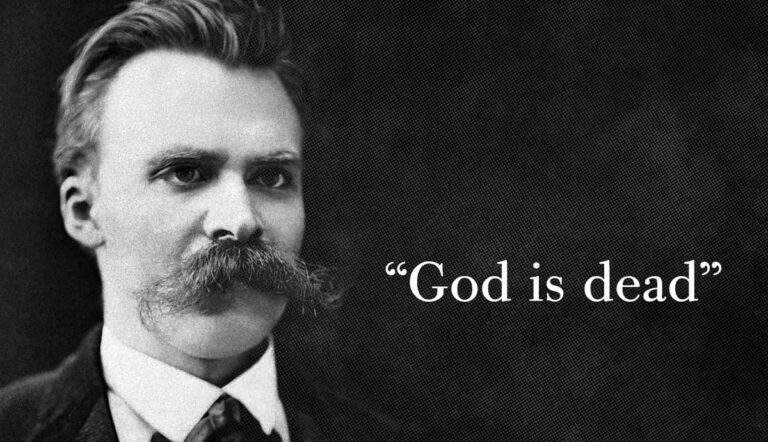 Why Nietzsche’s Claim That “God Is Dead” Is Misunderstood
Why Nietzsche’s Claim That “God Is Dead” Is MisunderstoodIn The Gay Science, Nietzsche talks about the death of God. What did he really mean by this?
In The Gay Science, Nietzsche talks about the death of God. What did he really mean by this?
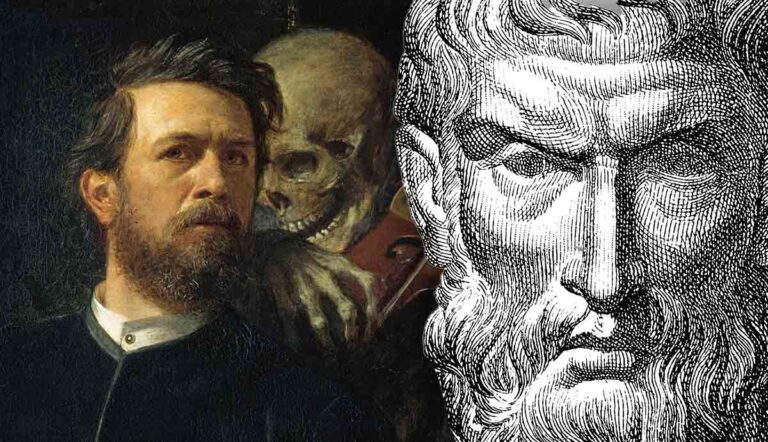 How Epicurus Overcame the 4 Main Worries of Life
How Epicurus Overcame the 4 Main Worries of LifeEpicurus reframed pleasure as the absence of pain, and fear as needless. Learn about the tetraphrmakos, the antidote Epicurus proposed to the four great worries of life.
Epicurus reframed pleasure as the absence of pain, and fear as needless. Learn about the tetraphrmakos, the antidote Epicurus proposed to the four great worries of life.
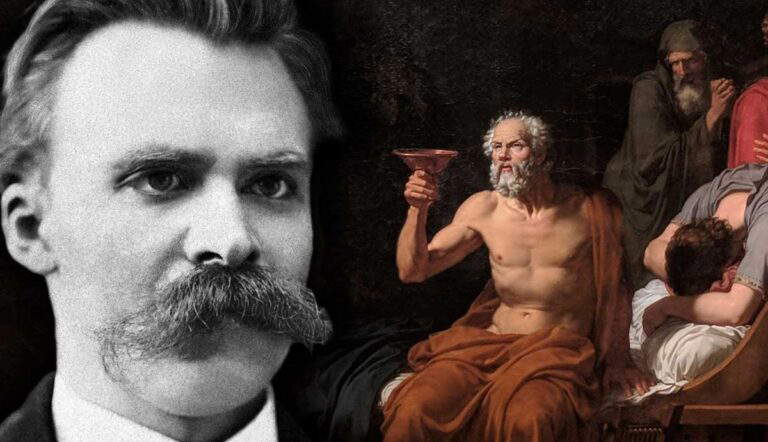 Did Socrates’ Final Joke Fly Over Nietzsche’s Head?
Did Socrates’ Final Joke Fly Over Nietzsche’s Head?Nietzsche took Socrates’ final words as proof he hated life; what if Socrates was making a joke Nietzsche didn’t get?
Nietzsche took Socrates’ final words as proof he hated life; what if Socrates was making a joke Nietzsche didn’t get?
 Sartre vs. Camus on When It’s Okay to Get Your Hands Dirty
Sartre vs. Camus on When It’s Okay to Get Your Hands DirtyJean-Paul Sartre dramatized the dirty hands problem in 1948 with his play Dirty Hands. In response, Albert Camus staged The Just Assassins in 1949.
 Can God Make You Act Immorally? Kierkegaard’s Fear and Trembling
Can God Make You Act Immorally? Kierkegaard’s Fear and TremblingCan God require us to do something morally wrong? This is the subject of Kierkegaard’s Fear and Trembling.
Can God require us to do something morally wrong? This is the subject of Kierkegaard’s Fear and Trembling.
 Is Pascal’s Wager About Happiness?
Is Pascal’s Wager About Happiness?Pascal’s Wager is not intended to prove the existence of God, but that a lack of evidence cannot support belief or a lack of belief.
 Camus’ “Jonas or the Artist at Work”: Analysis & Ending Explained
Camus’ “Jonas or the Artist at Work”: Analysis & Ending ExplainedCamus’s story, “Jonas or the Artist at Work,” ends with the unveiling of a mysterious painting. What does this ending mean?
Camus’s story, “Jonas or the Artist at Work,” ends with the unveiling of a mysterious painting. What does this ending mean?
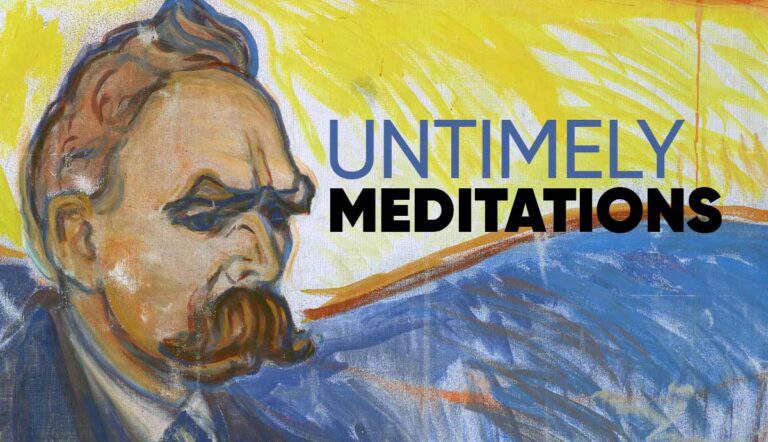 Why Nietzsche Considered Himself Ahead of His Time
Why Nietzsche Considered Himself Ahead of His TimeNietzsche considered himself to be ahead of his time, so ahead of his time that perhaps anyone capable of understanding him is yet to be born.
 What Did Albert Camus Really Mean by the Absurd?
What Did Albert Camus Really Mean by the Absurd?The absurd is a technical philosophical term. Camus’s account often confuses people because they fail to see how he made it his own.
The absurd is a technical philosophical term. Camus’s account often confuses people because they fail to see how he made it his own.